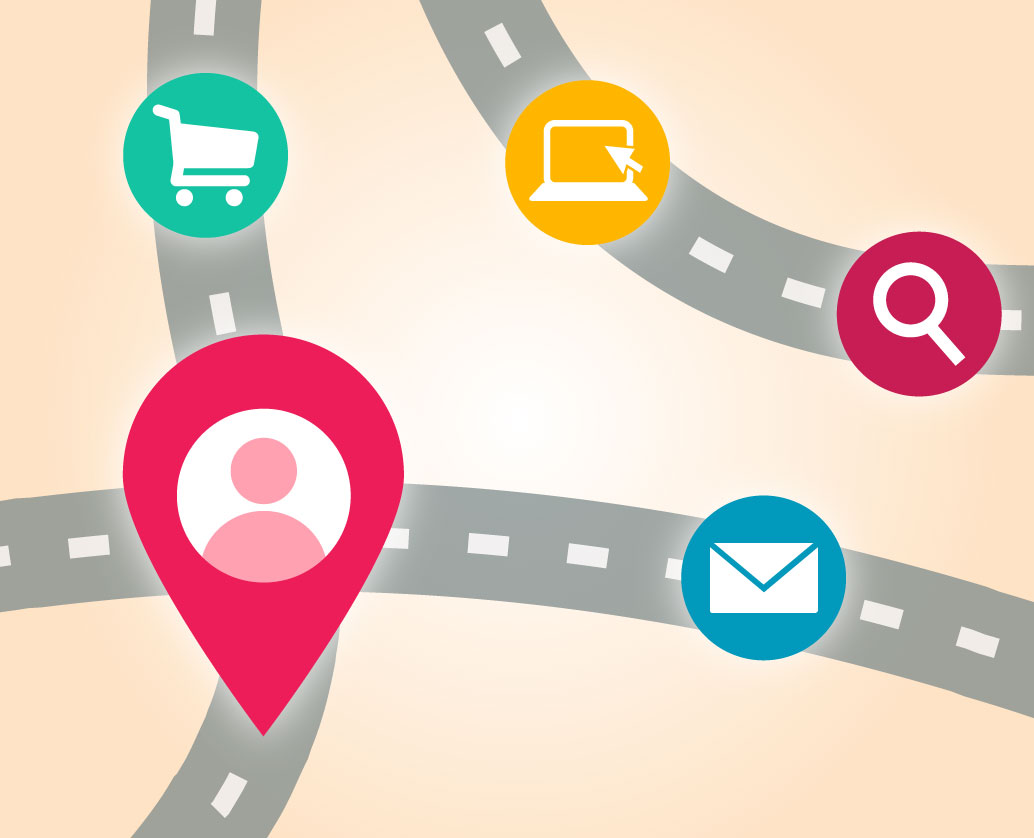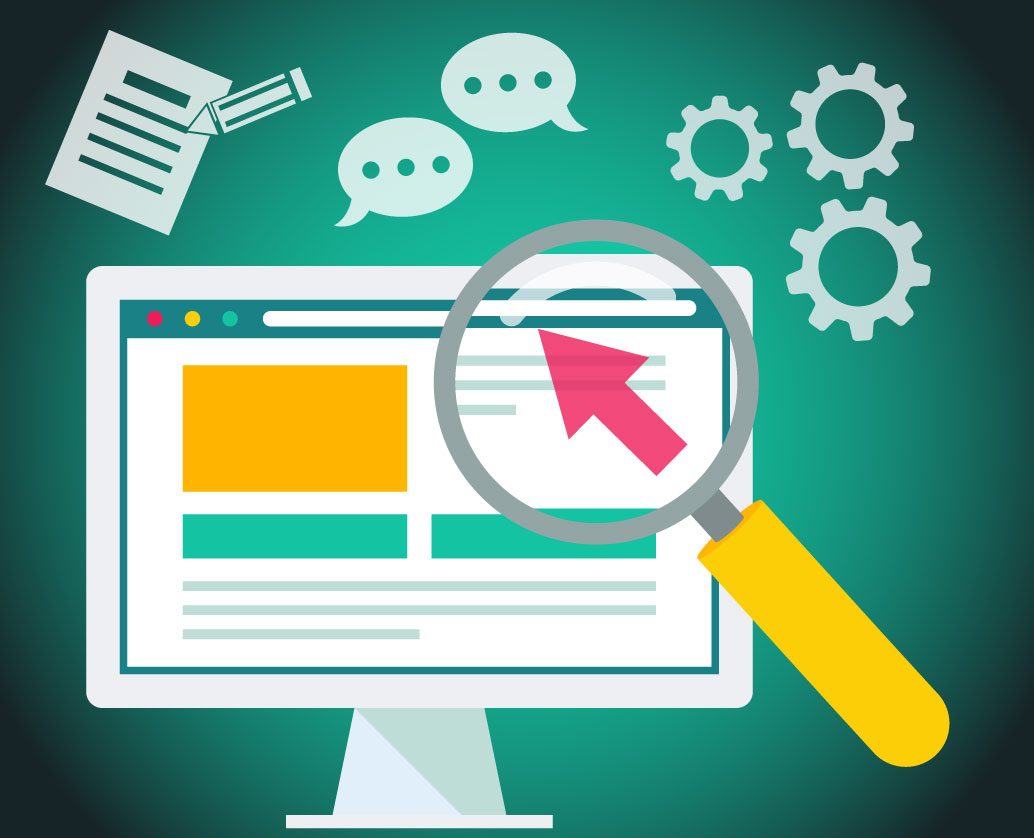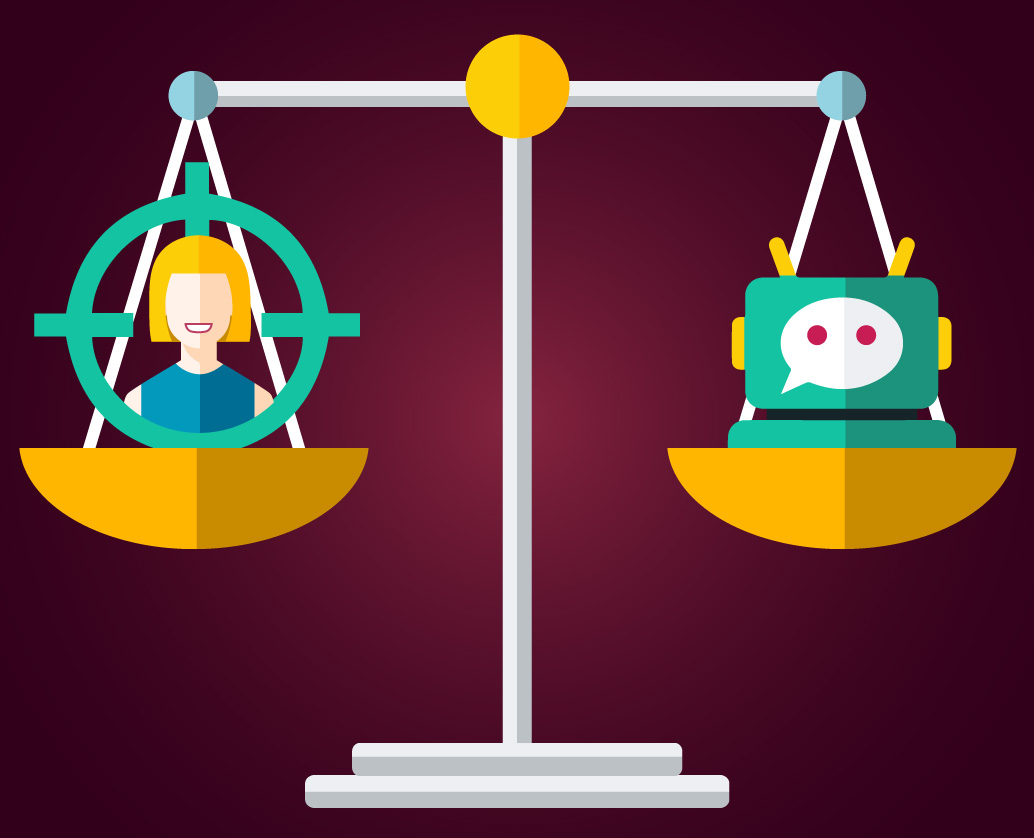Customer experience or CX is the perception of your brand held by your customers. Issues that shape your brand’s customer experience include the sales cycle, customer support, marketing communications, and even transactions. Great CX happens when you’ve made it easy for your customer to do business with you.
Marketing agencies like yours have conversations every day with clients and prospects about the importance of the customer journey and how it has changed in the digital era. Seamless transactions, self-service, information on demand on any device at any time — customer experience (CX) is the new sales and marketing priority. In fact, the 2017 Econsultancy/Adobe Digital Trends report revealed that survey respondents regard customer experience as the primary way for businesses to differentiate themselves from competitors this year.
Your marketing agency is all about providing service — an experience — to customers. But have you looked at customer experience as a strategic initiative to help you grow and maintain your business? The business-to-consumer model of “search, click, request information, and buy” has become a way of life, and these buying behaviors are bubbling up to B2B interactions and buying behaviors.
What’s the big deal with CX?
Customer experience differentiates your firm from the agency down the street, around the block, or across the continent. It’s no longer enough to deliver quality content, strategic direction, or design. There are plenty of agencies that do great work for their clients. So, how do you compete? Focusing on price alone leads to commoditization. Delivering a truly unique customer experience leads to loyalty, referrals, and repeat business.
Gartner has predicted that 89% of companies will compete primarily on customer experience in the coming years. Walker, a customer intelligence firm, predicts that by 2020, customer experience will overtake price and product as key brand differentiators.
Winning agencies of the future will be those that understand how to deliver terrific customer service and experience. They will also master data and technology to leverage content and design across multiple touchpoints and devices to serve prospects and clients when, where, and how each contact prefers.
2020 is not that far away. Here are a few ways you can start building the foundation for better customer experience now.
1. Focus on the customer journey

When you have the customer journey mapped, review your website, social media channels, and other online touch points. Think about offline touch points, too — conferences, speaking engagements, association participation, word-of-mouth referrals. Are you where your customers would expect to encounter the agency of their dreams? Are you there when, where, and how they want to find you?
2. Consider your culture

Build a culture focused on customer experience.
- Train all employees on the agency’s vision, mission, brand voice and customer service philosophy.
- Develop service level agreements — even if they are only measured internally — to ensure each client receives prompt responses to emails and phone calls.
- Empower employees to take ownership. Overly bureaucratized approval systems or workflows slow down productivity and diminish customer satisfaction. Make it easy for your employees to deliver.
- Encourage team members to share their expertise on the company blog, in professional associations, and as employee advocates online.
- Get yourself or your account teams involved in social helping — use social media to respond to questions and educate potential clients. Make it about solving problems and resolving pain points. The sales will follow.
- Make lead response a priority. InsideSales.com has found that 50% of buyers choose the vendor that responds first.
3. Audit your design, messaging, and channels

Audit your on and offline messaging, design and reach methods. Remember to consider the many ways your audience can now interact with you. If you were to erase the logo and company name from a channel or piece of collateral, would it still “feel” like it belongs to your brand’s customer experience? If not, it’s time to make some changes.
4. Scale through martech

Chatbots. Chatbots can help you engage with more customers and prospects without the addition of sales or service representatives. A well-conceived chatbot will answer questions and provide information intelligently and conversationally to prospects and leads. Imagine how these interactions could re-engage and warm up leads for you or your sales rep.
Personalization. Don’t you love how Amazon knows what other products you might like when you visit to make a purchase? Your company website and customers can benefit from personalization, too. With the right marketing automation tools, you can move a blog subscriber closer to close by enticing readers to download an ebook or join a webinar. A smart personalization strategy could prompt a repeat visitor, who has also engaged in other qualifying behaviors, to request a free consultation.
Personalization on your site and in your emails can help people locate the information that is relevant to them at their point in the buyer’s journey.
Other technology options for improving your agency’s customer experience include:
- Branded customer communities where you offer high-value content and tools to customers only.
- Website chat tools to answer prospects’ questions.
- Online appointment scheduling from your site.
- Automated email campaigns around customer anniversary dates and holidays.
- Platforms that help improve agency productivity by providing access to vetted freelance talent.
Make time for CX
Take some time to review your customer experience as part of your overall marketing strategy. Do your stories, designs, presentations, company culture and more resonate with the customers you want to attract and keep? If you integrate white label marketing tools, are they a good match for your customers’ needs? Share your thoughts on CX as a strategic initiative for marketing agency growth. What have you seen work? What pitfalls do agencies need to avoid?



